Police outside cities would be 'sitting ducks' in event of terror attack
Number of armed officers has dropped to its lowest level since 1987
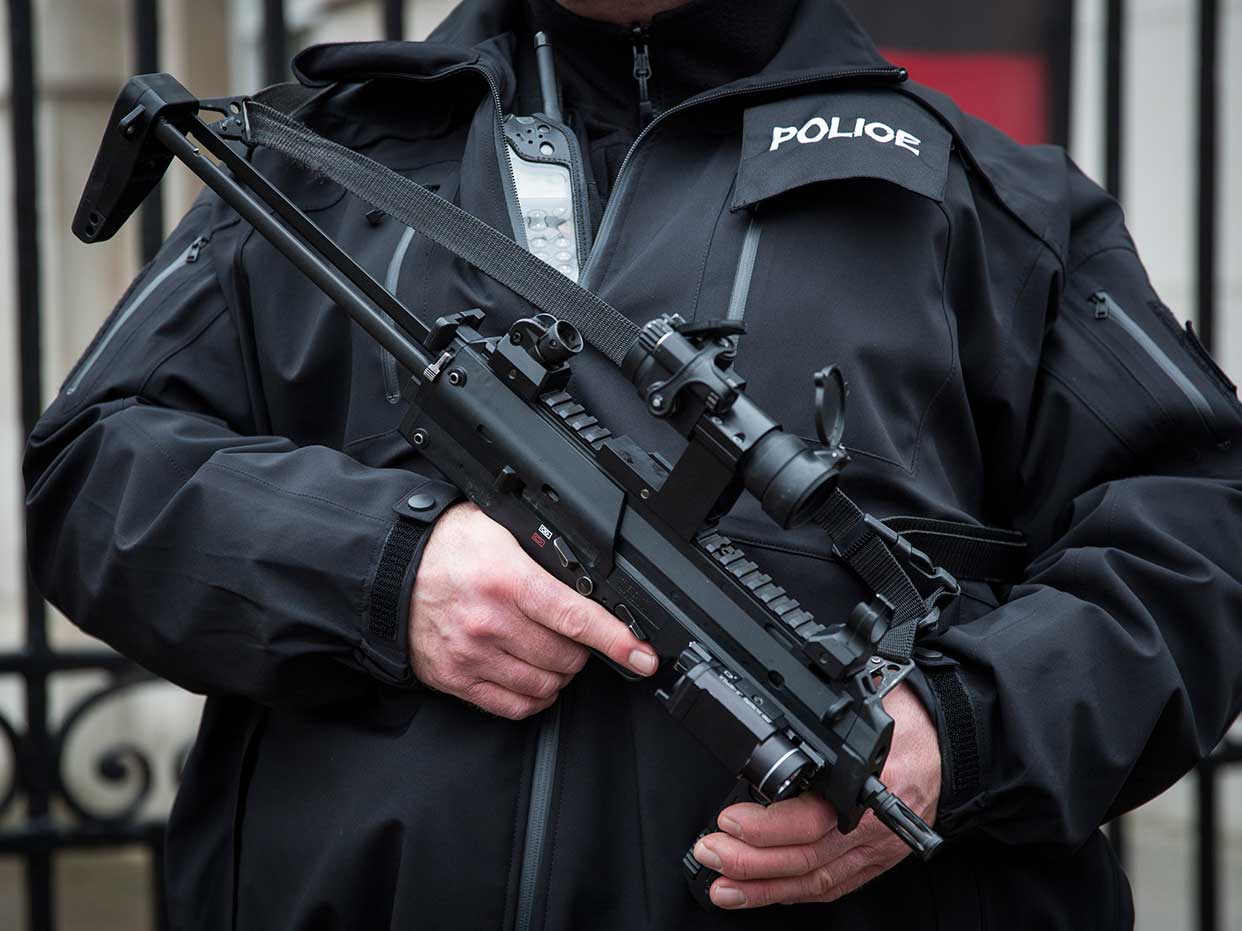
A free daily email with the biggest news stories of the day – and the best features from TheWeek.com
You are now subscribed
Your newsletter sign-up was successful
A national shortage of armed police means officers in rural areas would be "sitting ducks" in a terrorist attack, a Police Federation chairman has warned.
John Apter, chairman of Hampshire Police Federation, told BBC Radio 4 that some firearms units have to travel tens of miles when called out.
"You are not talking about a few minutes," he said. "So the only officers that you have available are unarmed and vulnerable officers and they are the officers that are saying to me that in a terrorist situation they would be sitting ducks."
The Week
Escape your echo chamber. Get the facts behind the news, plus analysis from multiple perspectives.

Sign up for The Week's Free Newsletters
From our morning news briefing to a weekly Good News Newsletter, get the best of The Week delivered directly to your inbox.
From our morning news briefing to a weekly Good News Newsletter, get the best of The Week delivered directly to your inbox.
Home Office figures released in April show that the number of trained marksmen has dropped by a fifth in the past seven years, down by 1,259 to a total of 5,647, the lowest level since 1987.
The government has committed to increasing the number by 1,500, but Home Secretary Theresa May was today warned at the annual Police Federation conference that she might struggle to find volunteers.
Steve White, chairman of the national federation, which represents rank-and file officers in England and Wales, told the Home Secretary that officers fear they will be treated like murder suspects by the Independent Police Complaints Commission (IPCC) if they have to discharge their firearm.
"If we are to have any chance of meeting the government's commitment to increase the number of firearms officers by 1,500 then those volunteering to take such a huge responsibility must have confidence that they will be treated as witnesses, not suspects, when assisting with IPCC enquiries," he said.
A free daily email with the biggest news stories of the day – and the best features from TheWeek.com
IPCC chairwoman Dame Anne Owers has hit back at White's comments, warning that police risk "appearing to be resistant to robust investigation" in fatal cases.
The "challenging and dangerous circumstances in which firearms officers operate" cannot mean that they have "impunity" from an independent investigation into fatalities, she said.
Earlier at the Police Federation conference, officers held a minute's silence to remember the 96 victims of Hillsborough. Theresa May told delegates that the tragedy should serve as a "touchstone" for how police respond to future events.
-
 Why is the Trump administration talking about ‘Western civilization’?
Why is the Trump administration talking about ‘Western civilization’?Talking Points Rubio says Europe, US bonded by religion and ancestry
-
 Quentin Deranque: a student’s death energizes the French far right
Quentin Deranque: a student’s death energizes the French far rightIN THE SPOTLIGHT Reactions to the violent killing of an ultraconservative activist offer a glimpse at the culture wars roiling France ahead of next year’s elections
-
 Secured vs. unsecured loans: how do they differ and which is better?
Secured vs. unsecured loans: how do they differ and which is better?the explainer They are distinguished by the level of risk and the inclusion of collateral
-
 How corrupt is the UK?
How corrupt is the UK?The Explainer Decline in standards ‘risks becoming a defining feature of our political culture’ as Britain falls to lowest ever score on global index
-
 The high street: Britain’s next political battleground?
The high street: Britain’s next political battleground?In the Spotlight Mass closure of shops and influx of organised crime are fuelling voter anger, and offer an opening for Reform UK
-
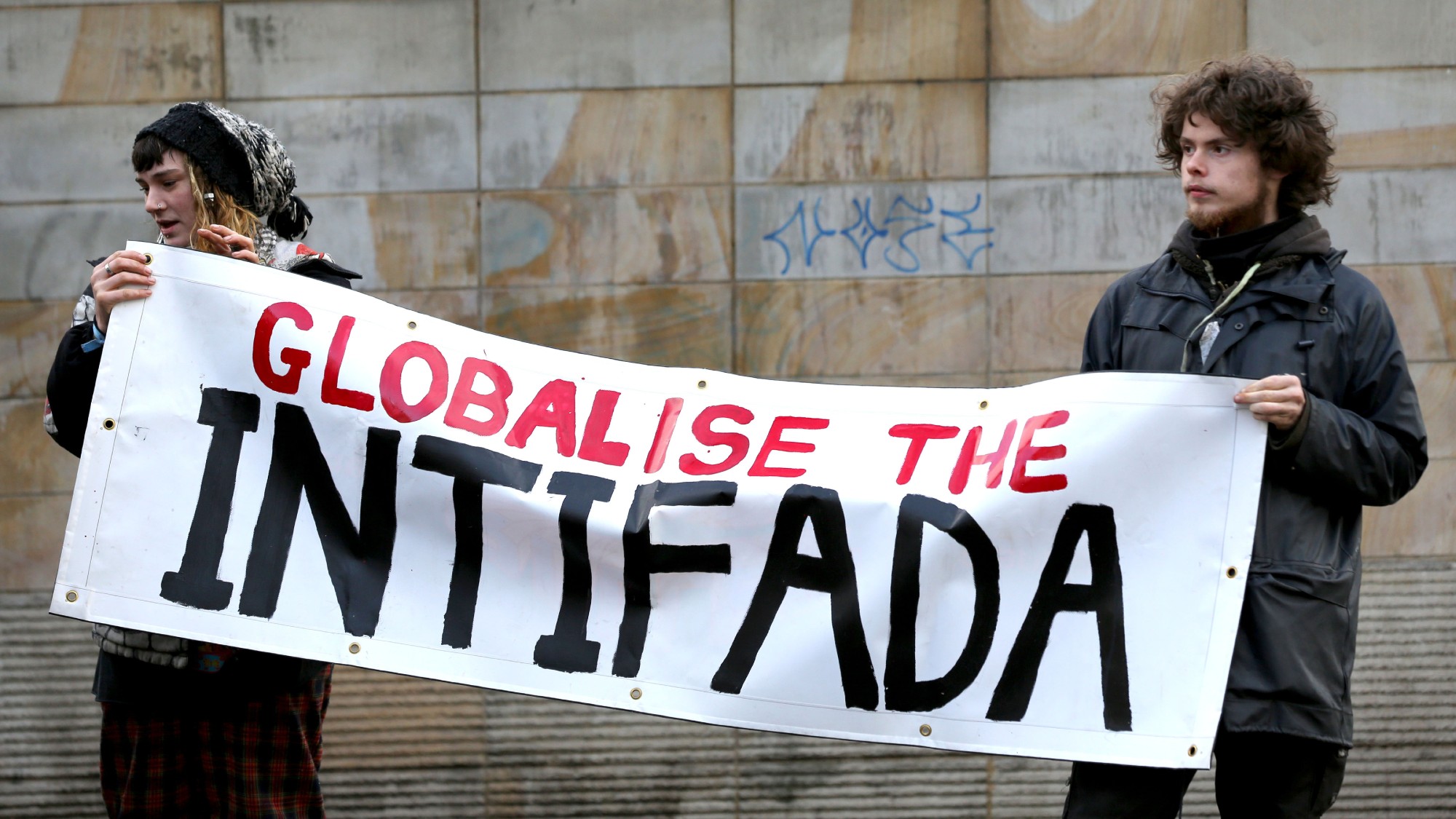 What is the global intifada?
What is the global intifada?The Explainer Police have arrested two people over controversial ‘globalise the intifada’ chants
-
 Is a Reform-Tory pact becoming more likely?
Is a Reform-Tory pact becoming more likely?Today’s Big Question Nigel Farage’s party is ahead in the polls but still falls well short of a Commons majority, while Conservatives are still losing MPs to Reform
-
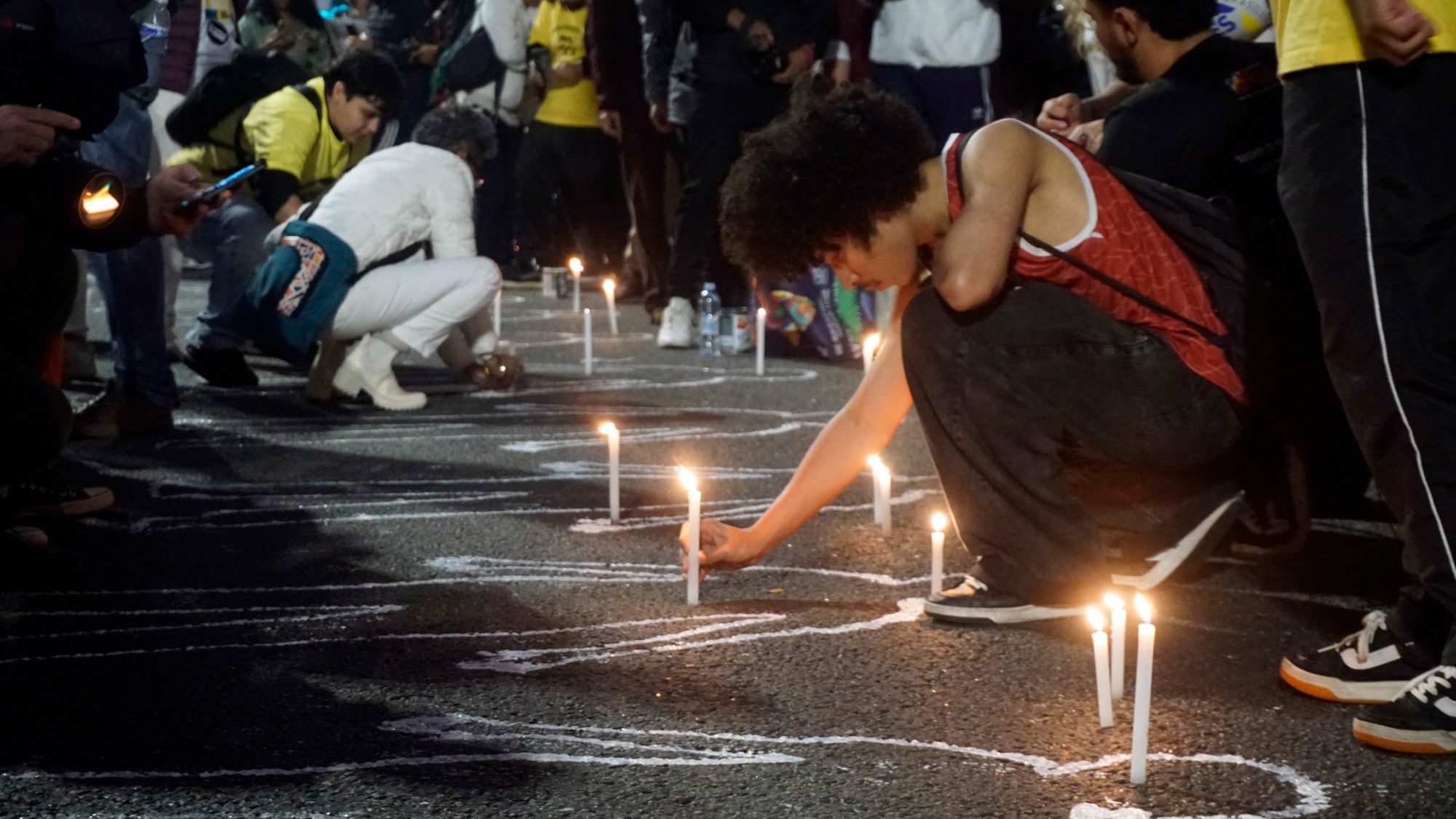 Massacre in the favela: Rio’s police take on the gangs
Massacre in the favela: Rio’s police take on the gangsIn the Spotlight The ‘defence operation’ killed 132 suspected gang members, but could spark ‘more hatred and revenge’
-
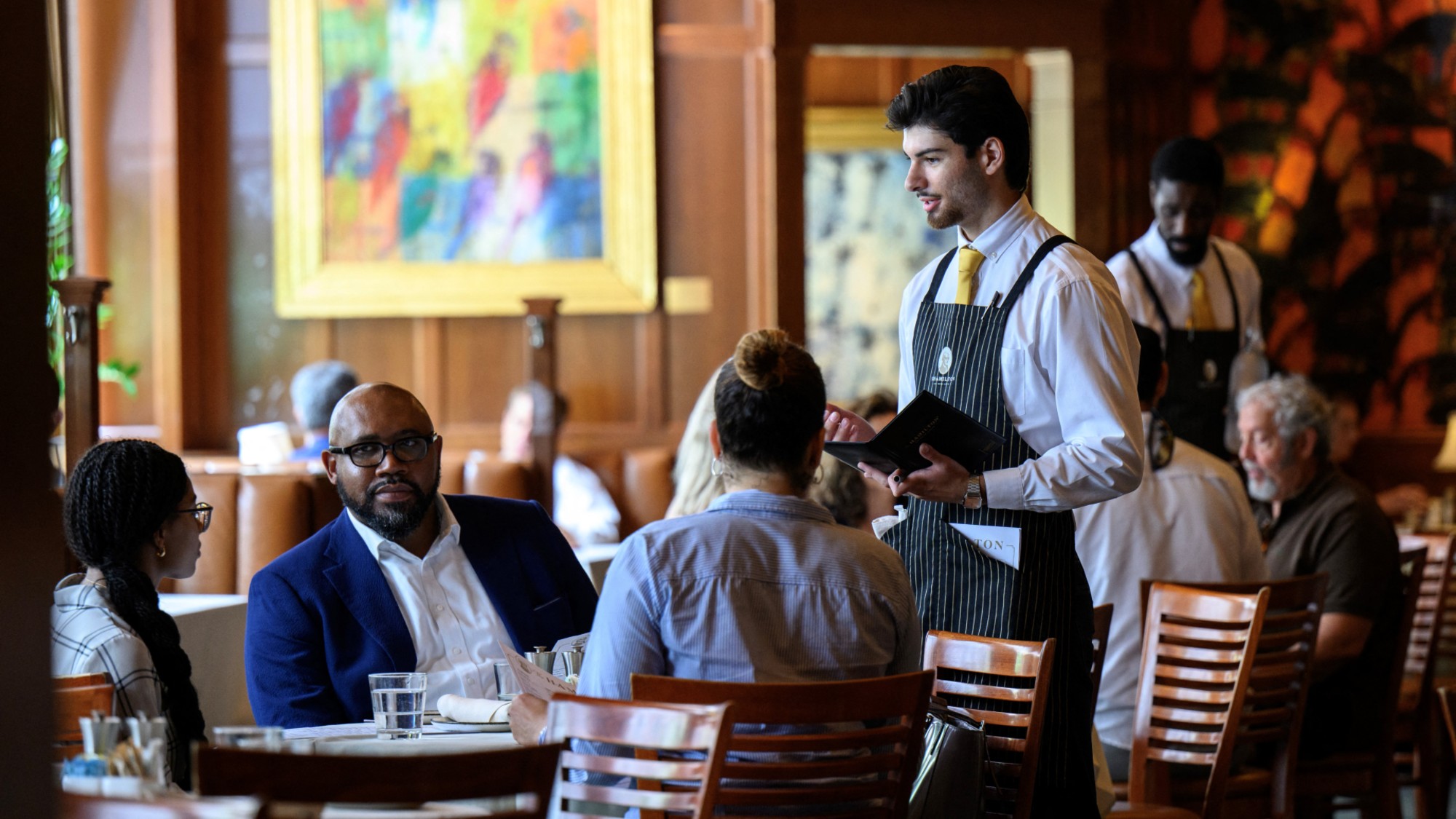 ‘The business ultimately has a customer base to answer to’
‘The business ultimately has a customer base to answer to’Instant Opinion Opinion, comment and editorials of the day
-
 Taking the low road: why the SNP is still standing strong
Taking the low road: why the SNP is still standing strongTalking Point Party is on track for a fifth consecutive victory in May’s Holyrood election, despite controversies and plummeting support
-
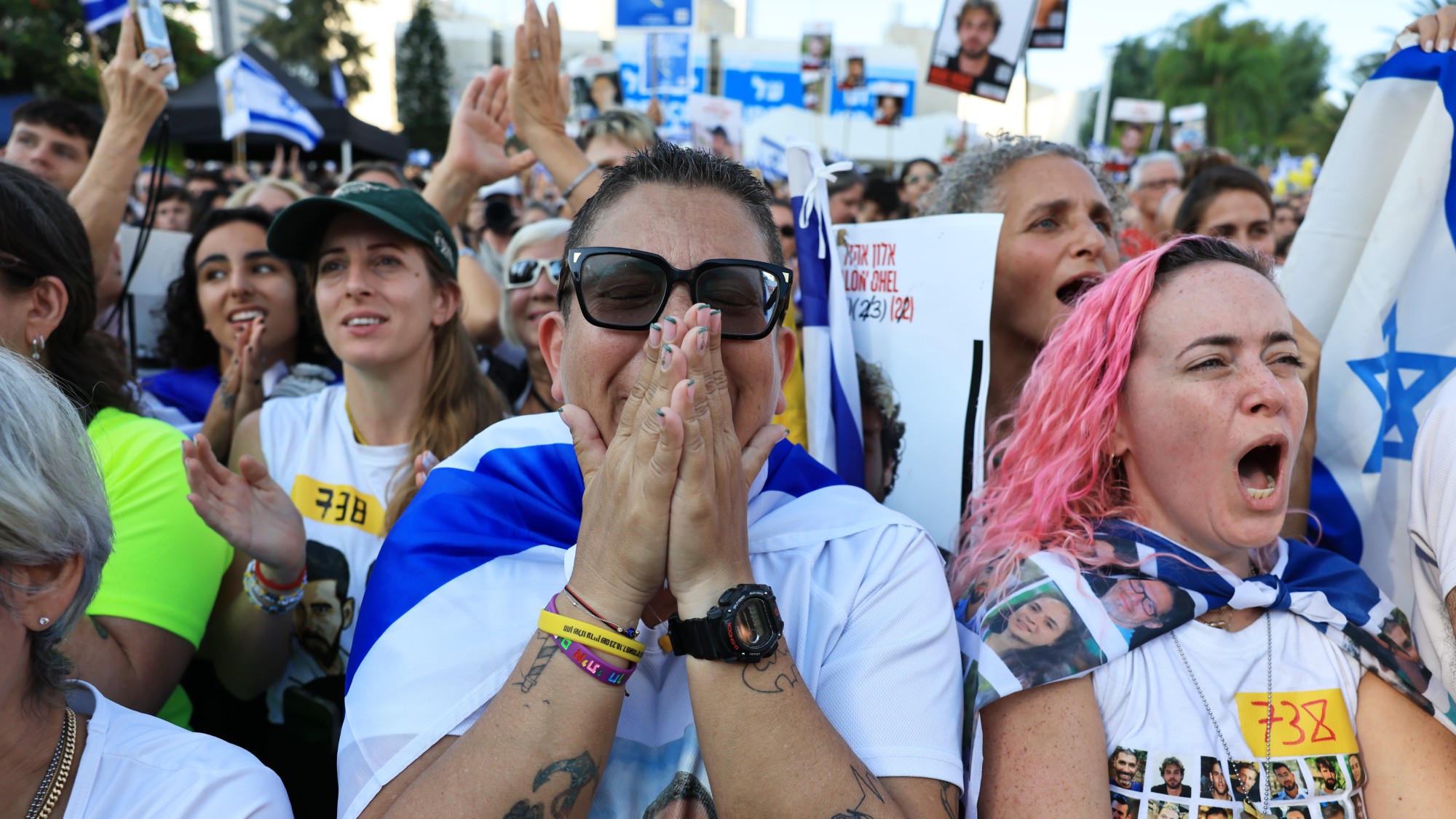 The Israeli hostages and Palestinian prisoners being released
The Israeli hostages and Palestinian prisoners being releasedThe Explainer Triumphant Donald Trump addresses the Israeli parliament as families on both sides of the Gaza war reunite with their loved ones